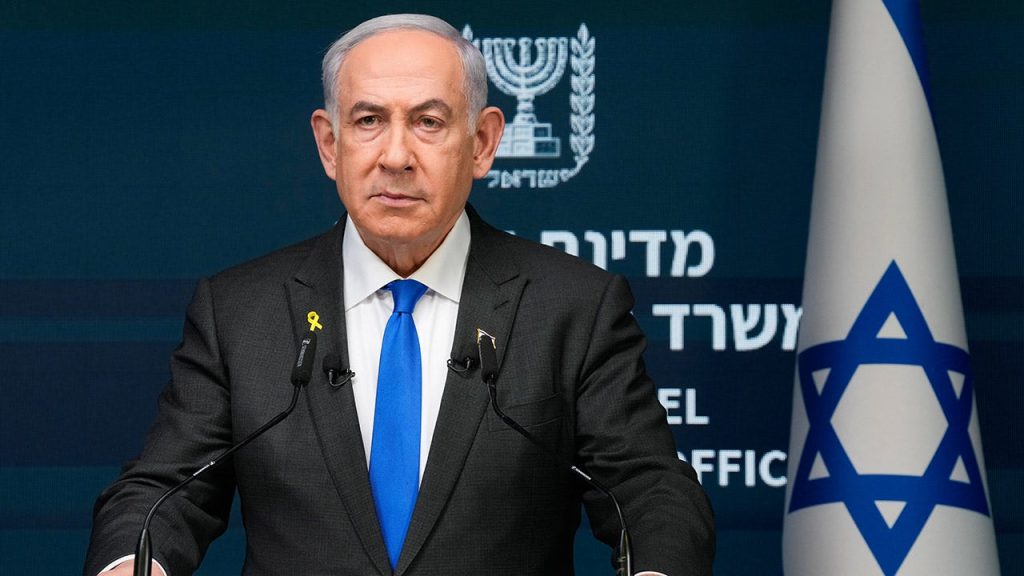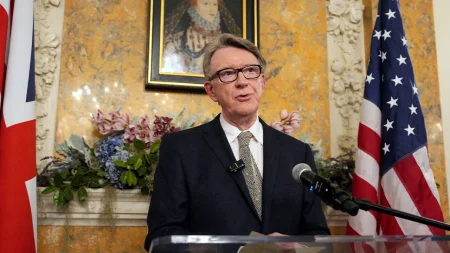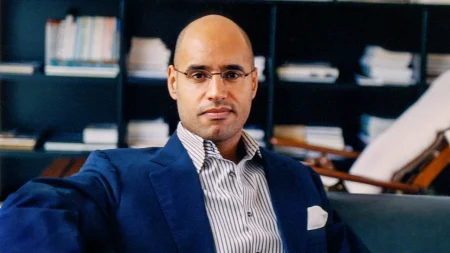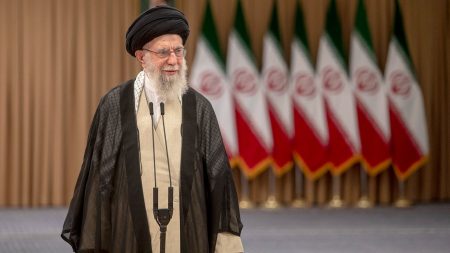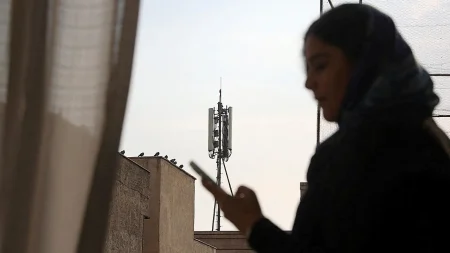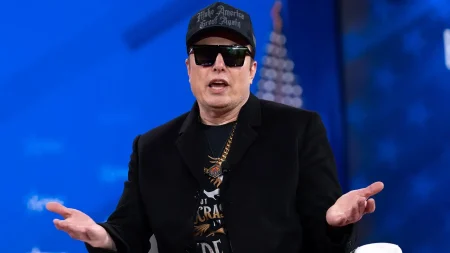The Netanyahu Trial: A Complex Interplay of Legal Proceedings, Political Turmoil, and International Scrutiny
Israeli Prime Minister Benjamin Netanyahu’s ongoing corruption trial has reached a critical juncture with his first appearance on the witness stand. This high-profile case, centered on allegations of fraud and corruption, unfolds against a backdrop of escalating regional tensions, including conflicts with Iran and its proxies, and the recent collapse of the Syrian regime under Bashar al-Assad. The trial, which commenced in 2020, revolves around accusations that Netanyahu engaged in illicit dealings with media moguls, exchanging regulatory favors for positive press coverage. The prosecution’s case rests on the testimonies of approximately 140 witnesses, a figure significantly lower than the initially anticipated 300, yet still encompassing prominent figures such as a former prime minister, ex-security chiefs, and media personalities. Netanyahu’s testimony, a potentially grueling process expected to span weeks with three-day-a-week sessions, marks a pivotal moment in these proceedings. While police have previously interviewed Netanyahu and his wife regarding the charges, this marks his inaugural appearance on the witness stand, a development repeatedly delayed by defense motions.
The backdrop of this legal drama is further complicated by Israel’s volatile security landscape. Critics have pointed fingers at Netanyahu, suggesting he has deliberately exacerbated the conflict with Hamas to create distractions from the legal proceedings. The timing of the trial, with the prosecution having rested its case in July and a verdict not anticipated until 2026, raises questions about the potential impact on Netanyahu’s political future. The possibility of appeals to the Supreme Court further underscores the protracted nature of this legal battle and its potential to further entangle Israeli politics. Simultaneously, Netanyahu faces scrutiny on the international stage, particularly from the International Criminal Court (ICC).
Adding another layer of complexity to Netanyahu’s legal battles, the ICC has issued arrest warrants for him and former Defense Minister Yoav Gallant, alleging war crimes. While this development has drawn criticism and raised questions about jurisdictional overreach, particularly from the United States, it has also galvanized support for Netanyahu from certain quarters, including some American politicians. The trial’s extended timeline, coupled with the potential ramifications of the ICC’s actions, creates a period of significant uncertainty for both Israeli domestic politics and the country’s international relations.
The Pentagon has explicitly stated its rejection of the ICC’s jurisdiction in this matter and expressed concern over what it views as a hasty pursuit of arrest warrants. This stance reflects a broader skepticism about the ICC’s authority, particularly from the US, and adds a further dimension to the international legal and political landscape surrounding Netanyahu’s case. Moreover, several senior US senators have signaled their intent to support sanctions against the ICC in response to the arrest warrants, indicating a potential clash between international bodies and national sovereignty. This situation complicates matters further for Netanyahu, who finds himself simultaneously navigating domestic legal challenges and international scrutiny.
Meanwhile, accusations continue to swirl around Netanyahu’s conduct, with critics suggesting he has deliberately escalated the conflict with Hamas as a diversionary tactic to shift attention away from his legal troubles. The complex interplay between domestic politics, legal proceedings, and international relations underscores the precarious situation facing the Israeli Prime Minister. The ongoing trial, combined with the looming ICC investigation, threatens to destabilize not only Netanyahu’s political career but also Israel’s position on the world stage. The intertwining of these legal and political battles presents a unique challenge, demanding delicate navigation and potentially significant consequences for both Netanyahu and Israel.
The divergence of opinions surrounding the ICC’s actions underscores the intricate web of international relations and the varying perspectives on international law. While some view the ICC’s involvement as a necessary step toward accountability for alleged war crimes, others see it as an overreach of authority, potentially jeopardizing delicate political balances. This polarization of opinions creates a challenging environment for Netanyahu and underscores the complexity of his legal and political maneuvering. As the trial progresses and the ICC investigation continues, the interplay of these factors will shape not only Netanyahu’s fate but also the broader political landscape in Israel and beyond. The intersection of domestic legal proceedings, international investigations, and regional conflicts creates a multifaceted challenge with far-reaching implications.





